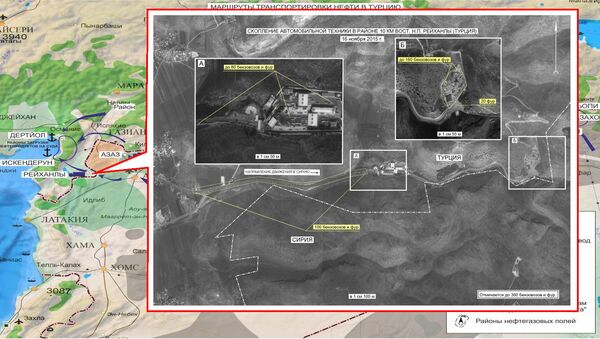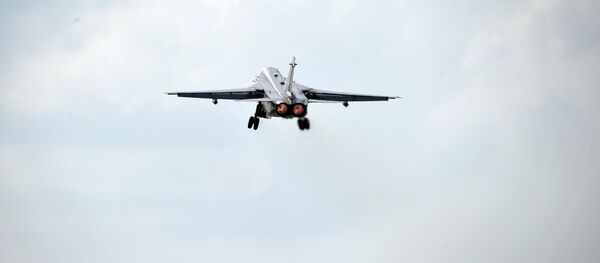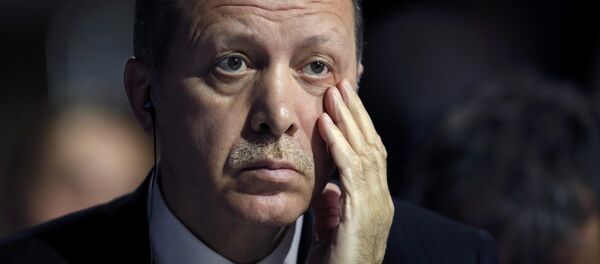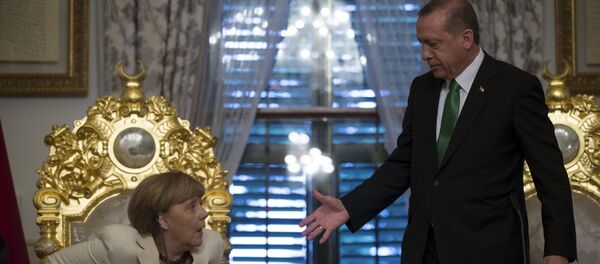The analyst notes that "at first glance, the question of whether Turkey can be considered an ally to Europe may seem astonishing." After all, "Turkey has the second-largest army in NATO, and is an EU candidate, and as such must be regarded by default as a reliable ally to the West."
However, according to Sirapian, this might have been the case, "were it not for the instability surrounding identity among Turkey's population; the prospects for the secession of the eastern regions with a predominantly Kurdish population has never been more real."
"I am speaking here precisely about 'Turkey's population', and not 'the Turkish people'," Sirapian emphasized. "After all," he asked, "is it really possible to think of this country as one united whole, if its territory is inhabited by nearly two dozen different ethnic groups? Even if we take just the Kurds and the Alevis, they account for 15 million of Turkey's population of 75 million."
According to the analyst, Turkey's "double game" of being more aggressive in their war against the Kurds than against the Daesh terrorists, "can be explained in large measure" by "the Turkish leadership's deathly fear of the prospect of an independent Kurdistan appearing to the east of Anatolia."
In Sirapian's view, far from being an ace up the sleeve of the anti-Daesh coalition, Erdogan's Turkey, at best, plays the role of dead weight.
"During the G-20 Summit in Antalya on November 15, President Putin presented evidence that a number of states were providing support for Daesh. He spoke openly about the personal responsibility of the Turkish president for systematic violations of Security Council resolutions and for financing Daesh."
"It was after these revelations," Sirapian noted, "that Presidents Putin and Obama agreed on the destruction of a column of tanker trucks belonging to Erdogan's family, in order to put an end to the illegal oil trade, which serves as the main source of the terrorists' income. On that day, the US struck convoys in Iraq, while Russian air power destroyed over 500 vehicles in Syria."
According to the analyst, "if the West really wants to destroy Daesh, it must demand that Erdogan stop his attacks on the Kurds, so that they could safely fight against the terrorists. If the Kurds were to seize Jarabulus (a Daesh-controlled town on the Turkish border), this would block the supply of Raqqa (the self-proclaimed caliphate's de-facto capital), and the flow of human and material resources. The fact that Erdogan considers it inadmissible for the Kurds to capture the city says quite a lot."
Looking back to history, Sirapian recalls that "during the Second World War, Turkey joined the Allies only in February, 1945, their entry coming late, and meaningless to the Allies from a military point of view. But this allowed Turkey to participate in the peace process on the side of the victors. Drawing on these lessons from history, today's coalition must urge Turkey to decide here and now which camp they belong to in the war against Daesh."





